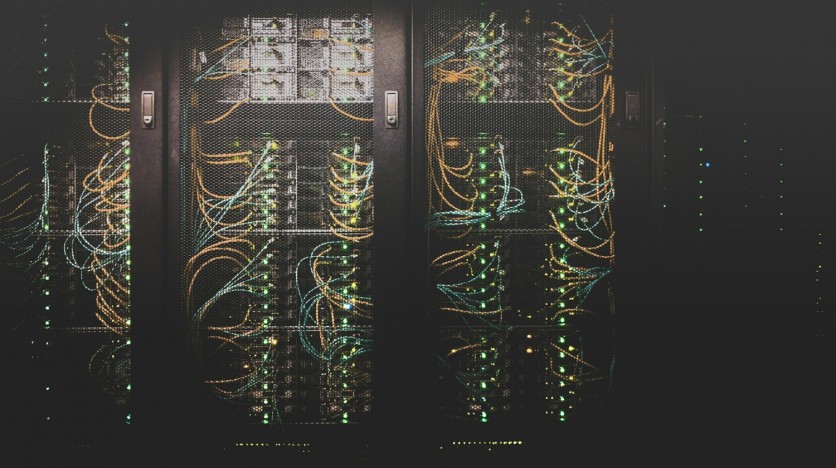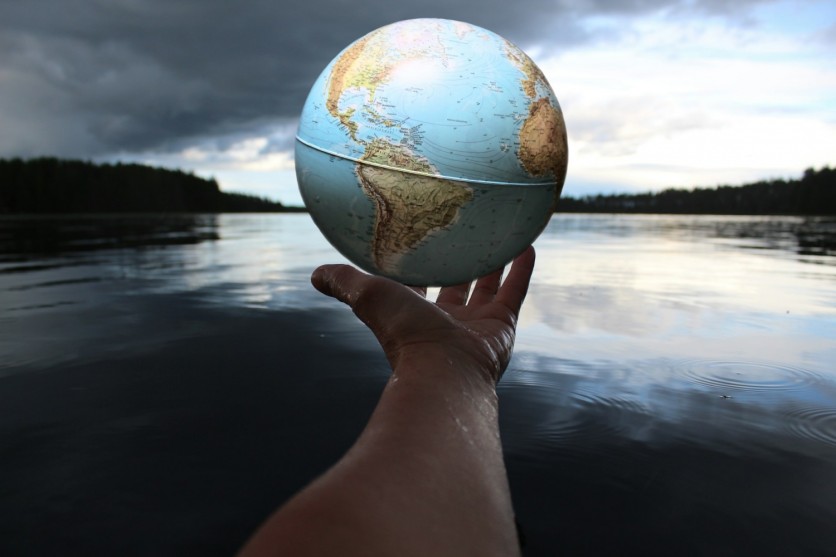
Amazon, the online book store-turned-eCommerce giant recently released its 2021 financial filing. The document examines several major aspects of the company and anticipates several major risks. Several of the most prominent of these include the biggest risk to the safety of the globe, climate change.
It doesn't take an online MBA graduate to know that the dangers associated with climate change are inherently bad for any kind of fiscal undertaking, and this report from Amazon just confirms it. With the world teetering on the brink of a major climate disaster, it seems that even companies that are as much of a global phenomenon as Amazon have things to worry about.
Understanding Climate Change
The world wasn't always as it is now. Once, it was a ball of densely compacted molten rock. Cooling gave it a solid surface and evaporation from ice asteroids that crashed into its surface gave us water; over the years, the world has continued to change, evolve, and adapt.
However, our planet and the things that live on it, all exude certain amounts of "Greenhouse gases." These gasses insulate the atmosphere against the loss of heat from the sun, hence the name. As greenhouse gasses accumulate in the atmosphere over time, the level of heat that leaves slowly becomes less proportionate to the amount of heat that comes in. We call this, "global warming."
What happens is that when the world warms on a global scale this way, it can eventually reach a fever pitch. The world can become too hot, resulting in several destructive natural phenomena. As the world gets hotter, forest fires become more difficult to control, the sea level rises, giving way to disastrous floods, hurricanes become more severe, and animal species go extinct. Eventually, if the heating of the world isn't mitigated or stopped, it results in what is called a "climate disaster," mass destruction due to climate change.
So far, every climate change event in history has been naturally caused by the proliferation of respiratory species absorbing oxygen and outputting carbon dioxide, tectonic shifts, and the breaking apart of Pangea to create the world. All of these things have had one effect or another on the world's climate, and as time has gone on, there have been several major climate change events, several of which resulted in mass extinctions.

The Effects on eCommerce
Although it may seem like the least of our concerns considering the global magnitude of what Earth is currently facing, eCommerce businesses like Amazon will be affected exponentially, which is a lot worse than it sounds.
In recent years, eCommerce has become a non-discernible part of our lives. Buying online has been around for years, but with the COVID-19 pandemic more people than ever had to become very familiar with shopping online; and as months stuck indoors passed, people found themselves buying everything from groceries to leisure items online.
Between the years 2019 and 2020, eCommerce companies experienced a massive boom in engagement, and as more people realise the myriad benefits of online shopping, it seems that COVID was an initial push just gathering momentum and inertia. eCommerce is no longer a niche thing; it has grown into us as a species and is a necessary part of our culture. Therefore, the question becomes, as eCommerce is affected, what does that say for us?
The financial filing released by Amazon states that "extreme weather conditions" causing rising temperatures and water scarcity will interrupt operations by the eCommerce giant to fulfil its orders. This is due to supply chain disruption, as natural events restrict viable methods of transportation. However, another reason why increased temperature and extreme conditions would affect eCommerce businesses is because of their suppliers. As the climate crisis deepens, companies supplying online retail stores are obligated to meet certain environmental standards. Companies that fail to meet these standards risk losing business. However, this is also a concern shared by Amazon, stating that the costs of moving to a carbon-neutral business infrastructure pose a risk to the reliability of the company.

E-Commerce, E-Mail, E-Life
Something Amazon spent a considerable amount of time assessing the risk of was climate change's effect on their computer system. It can be difficult to imagine how climate change can be a risk to computers. However, IT and IT machinery are often hugely reliant on a thermally-regulated system. If that system becomes too hot or too cold, it's not good.
This is a concern for Amazon, who say that climate change (among other factors) could pose an immense risk to their IT infrastructure, resulting in a loss of data, a halt of operations, system failure, damage to machinery, and an inability to accept or fulfil orders.
Elon Musk himself retracted his company's acceptance of Bitcoin to buy Teslas, owing to Bitcoin mining's effects on climate change. Musk may be a controversial figure, but he is a respected name in the tech industry. If he and Amazon are concerned about climate change's effect on their IT equipment, machinery, and programs—how much more concerned should we be?

First Amazon, Then the World
There is a kind of dark humour in the financial filing Amazon released. Amazon the company expresses concern about their ability to meet the expectations of its customers for a myriad of climate-change-related reasons. Meanwhile, the Amazon rainforest dries up because of climate change.
Although marked as "risks," Amazon's statement outlines several already-occurring climate phenomena, many of which we are too late to stop. While it is now more important than ever that eCommerce business can continue with smooth operations, if for no other reason than how ingrained they've become in our daily life, we have to start to concentrate as much effort as possible on mitigating the damage climate change does to our supply chains, our technology, and our lives.
We can't stop climate change, but we can delay it, lessen it, and set ourselves up for the best-case scenario. The question is, will we?






